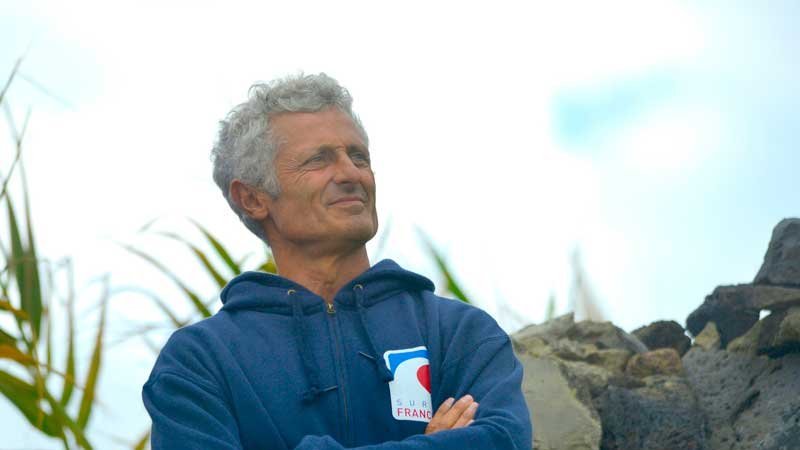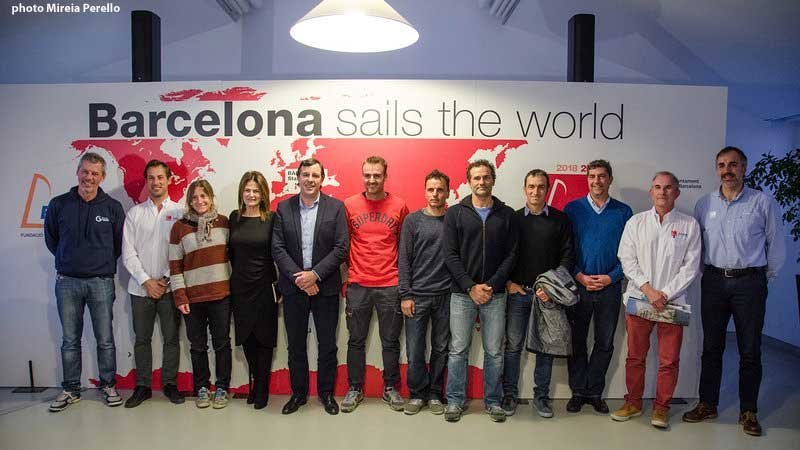
Volvo Ocean Race
Volvo Ocean Race course altered due to piracy problems in the Indian Ocean
jeudi 18 août 2011 –
Toutes les versions de cet article : [English] [français]
The escalating security problem caused by piracy in the Indian Ocean has forced Volvo Ocean Race 2011-12 organisers to redraw the second and third leg routes in the 39,000 nautical mile round-the-world challenge.
The competing boats were due to have sailed through an East African corridor in the Indian Ocean on the second leg from Cape Town to Abu Dhabi and again in the third leg from Abu Dhabi to Sanya in China.
After taking advice from marine safety experts Dryad Maritime Intelligence and the sport’s governing body, the International Sailing Federation (ISAF), race organisers decided that sticking to the original route would put crews at too much risk.
Instead the boats will race from Cape Town to an undisclosed ‘safe haven’ port, be transported closer to Abu Dhabi, and then complete the leg from there. The process will be reversed for the third leg before the race continues on to Sanya, the fourth of 10 host ports in a race that will not finish until July 2012.
“This has been an incredibly difficult decision,” said Volvo Ocean Race Chief Executive Knut Frostad. “We have consulted leading naval and commercial intelligence experts and their advice could not have been clearer : ‘Do not risk it.’
“The solution we have found means our boats will still be racing into Abu Dhabi and competing in the in-port race there.
“Abu Dhabi is a very important part of our plans, a real highlight being the race’s first-ever stopover in the Middle East, and we will now have a really exciting sprint finish to the emirate over the New Year period as well."
Piracy is a well-organised and highly lucrative business and it has expanded into a vast area off the coast of Somalia. In 2010 a record 1,181 seafarers were kidnapped by pirates, according to figures supplied by Dryad.
The most recent vessels released endured hijackings lasting an average of 213 days and it has been estimated that last year $150 million was paid to pirate gangs in ransoms for ships, cargoes and crews.
Frostad emphasised that the race would still be a round-the-world challenge.
"We continue to be the only continuous sporting event to visit five continents over nine months of gruelling sailing," he said.
Race director Jack Lloyd, also a senior ISAF official and respected Olympic and America’s Cup umpire, described the change as a "bump in the road which has to be negotiated, albeit a very expensive bump" rather than a race-changing suspension in the action.
Abu Dhabi will host the race from December 30 to January 14 with a purpose-built race village at its Corniche waterfront site and a headline New Year’s Eve concert amongst various festivities set to provide a spectacular welcome to more than 100,000 visitors.
“We have a long-standing relationship with Volvo Ocean Race and have been comprehensively involved in its risk management process since the last race in 2008-09,” said Karen Jacques, COO of Dryad Maritime.
“We will be working closely with the Volvo Ocean Race team to ensure that only essential disruption is needed.”
ISAF´s position is that sailing in waters badly affected by piracy is too risky.
“The measures taken by the Volvo Ocean Race are very much in line with the advice that the International Sailing Federation has been giving for some time.” said ISAF Secretary General Jerome Pels.
“The ISAF strongly urges all yacht skippers intent on sailing anywhere in the area to seek an alternative, which the Volvo Ocean Race is now providing.”
 Sea, Sail & Surf news
Sea, Sail & Surf news















